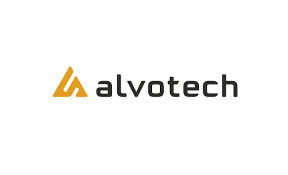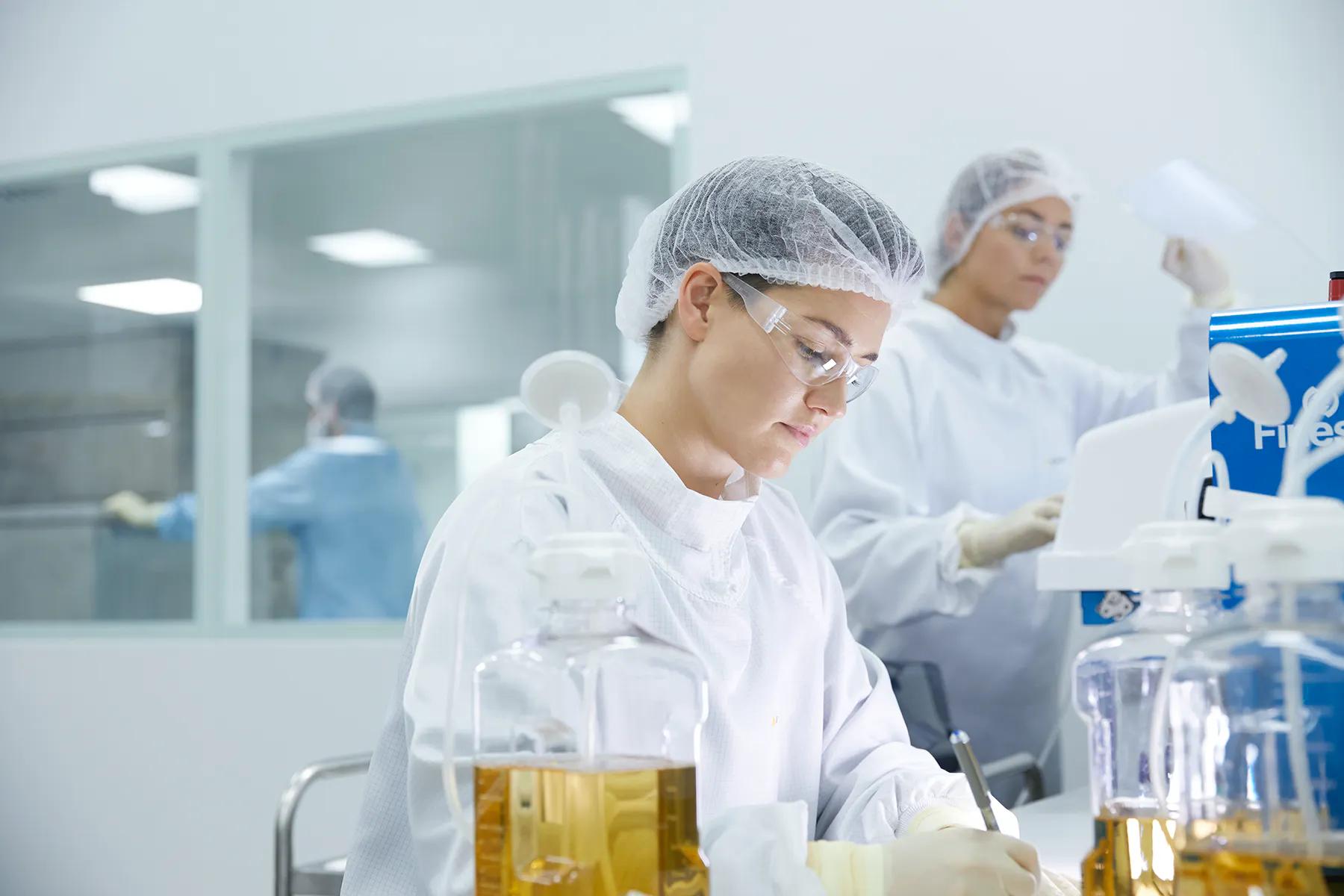- Bone Health
- Immunology
- Hematology
- Respiratory
- Dermatology
- Diabetes
- Gastroenterology
- Neurology
- Oncology
- Ophthalmology
- Rare Disease
- Rheumatology
Alvotech Files Suit to Invalidate Humira Patents
After being sued for allegedly stealing adalimumab process information, Alvotech fires back.
Fighting back against a suit that alleges theft of trade secrets, Alvotech, of Reykjavik, Iceland, has filed suit against AbbVie alleging that key patents for its blockbuster adalimumab drug (Humira) should be invalidated partly on grounds that AbbVie did not invent the processes that were patented. The Center for Biosimilars® has sought a response to the suit from AbbVie.
Alvotech is seeking to be the first to bring a high concentration (100 mg/mL) biosimilar formulation of adalimumab to market in the United States, but contends that AbbVie has thrown up a blockade with the assertion that 62 patents related to adalimumab would be infringed if this product does come to market.
The high concentration form of adalimumab sold by AbbVie was introduced to market in 2018 and has rapidly gained market share over lower-concentration forms of this agent. The citrate-free, the high-concentration formulation is said to cause patients less pain upon injection and therefore is preferable. There are 6 lower-concentration adalimumab biosimilars approved for sale in the United States, although none of them will come to market until 2023 because each of their developers has settled with AbbVie out of court rather than battle through AbbVie’s “patent thicket” of at least 136 patents on the product.
“This case aims to bring to a just end [the] defendant’s ongoing monopoly on the life-changing drug adalimumab,” Alvotech stated in its filing with the US District Court of the Eastern District of Virginia, Alexandria Division. The company estimated that AbbVie has reaped a combined windfall of well over $100 billion so far from adalimumab, with another $40 billion anticipated through 2022, and said it is high time that competitors and patients could share in the benefits of a competitive market for this product.
"Ruinous Litigation"
“Any competitor that desires to bring a biosimilar version of Humira to market is threatened with crushing, ruinous litigation on these patents. This abuse of the patent acquisition and litigation process has resulted in AbbVie alone selling adalimumab in the United States, despite the [relevant] patents on this molecule expiring in 2016,” Alvotech alleged.
Adalimumab is a monoclonal antibody used to treat various autoimmune diseases including rheumatoid arthritis and Crohn disease. It was first sold in a 50 mg/mL formulation in 2003. Biosimilar versions of the 50 mg/mL formulation are available in Europe, the suit notes. AVT02, the proposed Alvotech high concentration biosimilar, if approved by the FDA, would be “priced lower than Humira,” the suit states.
Although 62 patents have been asserted by AbbVie in defending its franchise against AVT02, Alvotech contends that the key patents on the product not only have expired but rightly were not AbbVie’s to begin with—they were the result of development work by German company BASF AG, which sold the rights to the drug in 2001 to AbbVie’s predecessor, Abbott Laboratories, as well as other companies, such as Amgen.
“Despite having played no role in inventing adalimumab and having enjoyed a lengthy and profitable monopoly supported by BASF AG’s original patents, AbbVie has nonetheless sought and obtained over 100 additional patents of dubious validity related to adalimumab that have lawlessly extended AbbVie’s monopoly,” Alvotech stated.
Four Key Patents
Alvotech has whittled down the portfolio of 62 patents AbbVie intends to litigate to just 4 patents that the Icelandic company feels are appropriate to litigate, because those 4 stand in the way of actual marketing of AVT02. This smaller number of patents relate to the self-buffering formulation for the 100 mg/mL formulation of adalimumab and treatment of ankylosing spondylitis and Crohn disease. Alvotech contends these patents should be invalidated.
AbbVie has filed 2 suits against Alvotech this year. One alleges that in 2018 a former AbbVie employee took trade secrets related to the manufacturing of high concentration adalimumab when he went to work for Alvotech and shared that information with Alvotech. Alvotech responded that it began developing AVT02 long before, in 2013. The second suit alleges patent infringement related to AVT02.
Alvotech has asked the court to declare that the patents asserted by AbbVie in this case are invalid and unenforceable. The company seeks a jury trial.
AbbVie has long faced attacks over its lucrative adalimumab franchise, and company CEO Richard Gonzalez has testified before Congress in defense of the company’s patent thicket defense strategy. Gonzalez is scheduled to testify again before the Committee on Oversight and Reform on May 18. The committee claims to have obtained internal documents that prove AbbVie has deliberately suppressed competition for Humira and other drugs.
Alvotech is not the only biosimilar developer that is working to bring a high concentration formulation of adalimumab to market. Celltrion Healthcare gained EU authorization in February 2021 to bring the first high-concentration, citrate-free adalimumab biosimilar (CT-P17, Yuflyma) to the European Union markets. According to IQVIA, AbbVie’s high-concentration formulation accounts for 60% of the total adalimumab market.
Newsletter
Where clinical, regulatory, and economic perspectives converge—sign up for Center for Biosimilars® emails to get expert insights on emerging treatment paradigms, biosimilar policy, and real-world outcomes that shape patient care.



